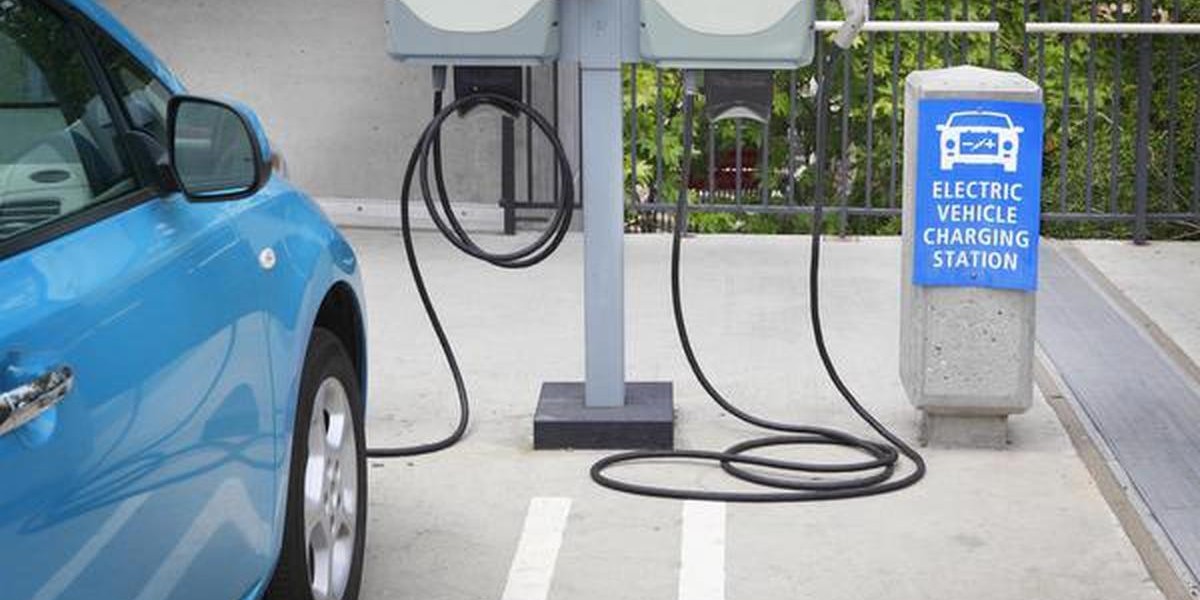The Electric Vehicle charging station market has been experiencing significant growth over the last decade, driven by a global shift towards sustainable transportation, advancements in electric vehicle technologies, and growing government support for green initiatives. As more countries set ambitious goals to reduce carbon emissions and promote cleaner transportation, the demand for efficient, accessible, and reliable charging infrastructure has surged.
Market Overview
The global electric vehicle market has grown exponentially due to the increasing adoption of EVs, particularly in developed markets like North America, Europe, and parts of Asia. According to recent industry data, the electric vehicle charging station market is expected to grow at a compound annual growth rate (CAGR) of over 25% during the next decade. This growth is largely attributed to the rising number of electric vehicle sales, government subsidies, and the broader push for renewable energy solutions.
EV charging stations can be broadly categorized into three types: Level 1 (standard home charging), Level 2 (public chargers and fast-charging stations), and Level 3 (DC fast chargers). While Level 1 chargers are the most basic and cost-effective, Level 3 chargers are the most in-demand, particularly for commercial and public charging networks, due to their ability to provide quick charging for EV users. The demand for Level 3 chargers is expected to continue to rise, as they provide significant convenience for drivers, reducing downtime during long-distance travel.
Key Drivers of Growth
Government Initiatives: Governments around the world are heavily investing in EV charging infrastructure as part of their environmental and energy transition goals. For instance, the United States has allocated billions in funding to expand EV charging networks through initiatives such as the Biden administration’s infrastructure plan, which earmarks $5 billion for charging stations. Similar efforts are seen in the EU, China, and India, which have also introduced subsidies, tax breaks, and incentives for both EV buyers and infrastructure providers.
Corporate Investments: Major automakers such as Tesla, Volkswagen, and Ford, along with energy companies like Shell, BP, and Chevron, are investing in building out EV charging stations to ensure that their customers have access to reliable and widespread charging points. This has led to a surge in public-private partnerships and collaborations between automakers, energy companies, and technology providers, enhancing the accessibility of EV charging infrastructure.
Technological Advancements: As the EV industry evolves, the technology behind electric vehicle chargers is also advancing. Faster-charging solutions, smart charging networks, and integration with renewable energy sources are becoming key features of modern charging stations. These innovations not only increase the convenience of EV owners but also help to mitigate grid instability caused by fluctuating electricity demand.
Rising Demand for EVs: As more consumers opt for electric vehicles, the need for a comprehensive and robust charging infrastructure grows. The increase in the number of EVs on the road directly correlates with the demand for additional charging stations in urban and suburban areas. In addition, as commercial fleets adopt electric vehicles, the demand for charging infrastructure in business areas and logistics hubs will increase.
Challenges Facing the EV Charging Station Market
Despite the positive outlook, the EV charging station market faces several challenges. One of the primary concerns is the availability of land for new charging stations, especially in urban environments where space is limited. Additionally, the installation of charging stations requires significant upfront capital investment, which can be a barrier for smaller businesses and communities.
Furthermore, the compatibility between various EV models and charging stations remains a concern. Standardization efforts are underway, but the proliferation of different types of connectors and charging protocols can create confusion for consumers and add complexity to the installation process. Lastly, the integration of renewable energy sources into charging stations is still in its infancy, and further development is needed to achieve the full potential of green charging networks.
Future Outlook and Opportunities
Looking ahead, the electric vehicle charging station market offers significant opportunities for growth. As countries continue to ramp up their electric vehicle adoption policies, the demand for both public and private charging infrastructure will continue to grow. The rise of ultra-fast chargers, along with improved energy storage solutions, will play a major role in shaping the market. Furthermore, the development of integrated charging networks, where multiple service providers work together, is expected to create a more seamless experience for EV owners.
In conclusion, the electric vehicle charging station market is poised for continued growth as the adoption of EVs accelerates globally. With strong government backing, corporate investments, and technological advancements, the industry is on track to build a widespread, efficient, and user-friendly charging infrastructure that will play a crucial role in the future of sustainable transportation.



